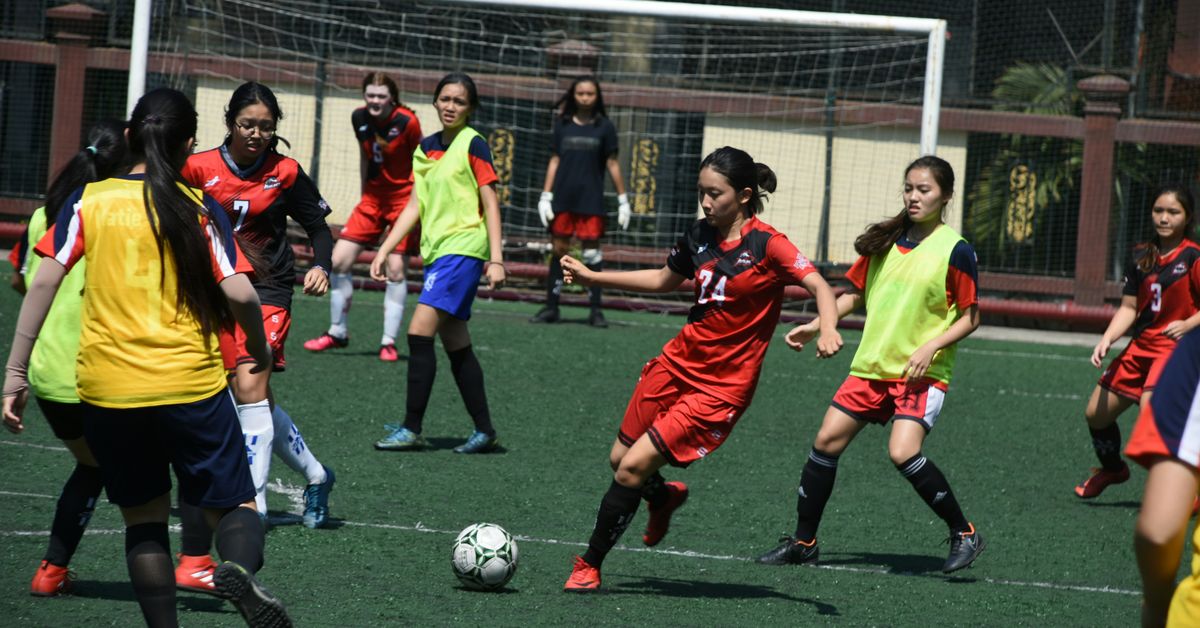
Effective Strategies for Building Athletic Teams
Introduction
Building a successful athletic team requires more than just recruiting talented individuals. It involves creating a cohesive unit that works together towards common goals. Effective strategies encompass various aspects from leadership and communication to training and team culture. This article explores proven methods that coaches and managers can implement to foster strong, winning athletic teams.
1. Recruitment and Selection
Effective team building starts with recruiting the right athletes who not only possess the necessary skills but also fit well within the team’s culture. Key considerations include:
- **Identifying Needs:** Assessing the team’s strengths and weaknesses to target specific positions or skill sets.
- **Character Evaluation:** Looking beyond athletic prowess to assess character, work ethic, and compatibility with team values.
- **Diversity:** Building a diverse team can bring different perspectives and strengths, enhancing overall team dynamics.
2. Establishing Clear Goals and Roles
Setting clear and achievable goals is crucial for team motivation and focus. Each team member should understand their role and responsibilities within the team structure. This involves:
- **Goal Setting:** Establishing both short-term objectives (e.g., winning a specific tournament) and long-term goals (e.g., improving season records).
- **Role Definition:** Clearly defining each player’s position, tasks, and expectations to avoid confusion and enhance accountability.
- **Alignment:** Ensuring that individual goals align with team goals to foster a unified approach.
3. Building Team Chemistry
Team chemistry refers to the interpersonal relationships and camaraderie among team members. Strong team chemistry leads to improved communication, trust, and cohesion during competitions. Strategies to build team chemistry include:
- **Team-Building Activities:** Organizing off-field activities such as retreats, outings, or workshops to foster bonding.
- **Communication:** Encouraging open and honest communication channels to resolve conflicts and build mutual respect.
- **Celebrating Success:** Recognizing individual and team achievements to reinforce positive behaviors and teamwork.
4. Effective Leadership
Strong leadership is essential for guiding and motivating the team towards success. Coaches and team captains play pivotal roles in:
- **Setting the Tone:** Establishing a culture of accountability, discipline, and respect for team values.
- **Motivating Players:** Inspiring athletes through effective communication, mentorship, and leading by example.
- **Adaptability:** Adjusting leadership styles to cater to individual differences and challenges within the team.
5. Continuous Training and Development
Athletic teams must continually improve their skills and strategies to stay competitive. This involves:
- **Structured Practices:** Designing practice sessions that focus on skill development, tactical drills, and game simulations.
- **Feedback Mechanisms:** Providing constructive feedback to players to identify areas for improvement and reinforce strengths.
- **Staying Current:** Keeping up with advancements in sports science, technology, and trends to adapt training methodologies accordingly.
Case Study: The Golden State Warriors
The Golden State Warriors, a successful NBA team, exemplify effective team building strategies. They emphasize teamwork, selflessness, and a shared commitment to excellence, which has led to multiple championship wins despite individual player talents.
Conclusion
Building a winning athletic team requires a strategic approach that integrates recruitment, goal setting, team chemistry, leadership, and continuous development. By implementing these effective strategies, coaches and managers can create a cohesive and competitive team capable of achieving their goals and sustaining success over time. Remember, the journey to success begins with building a strong foundation of teamwork and dedication.



